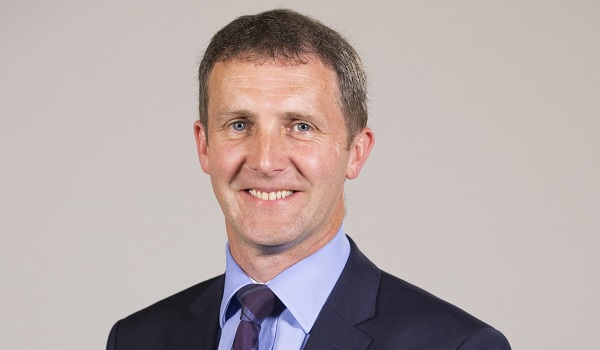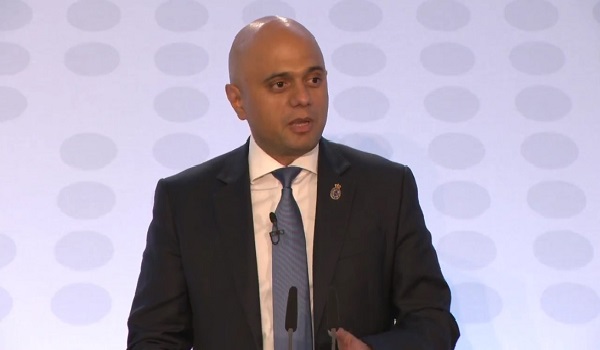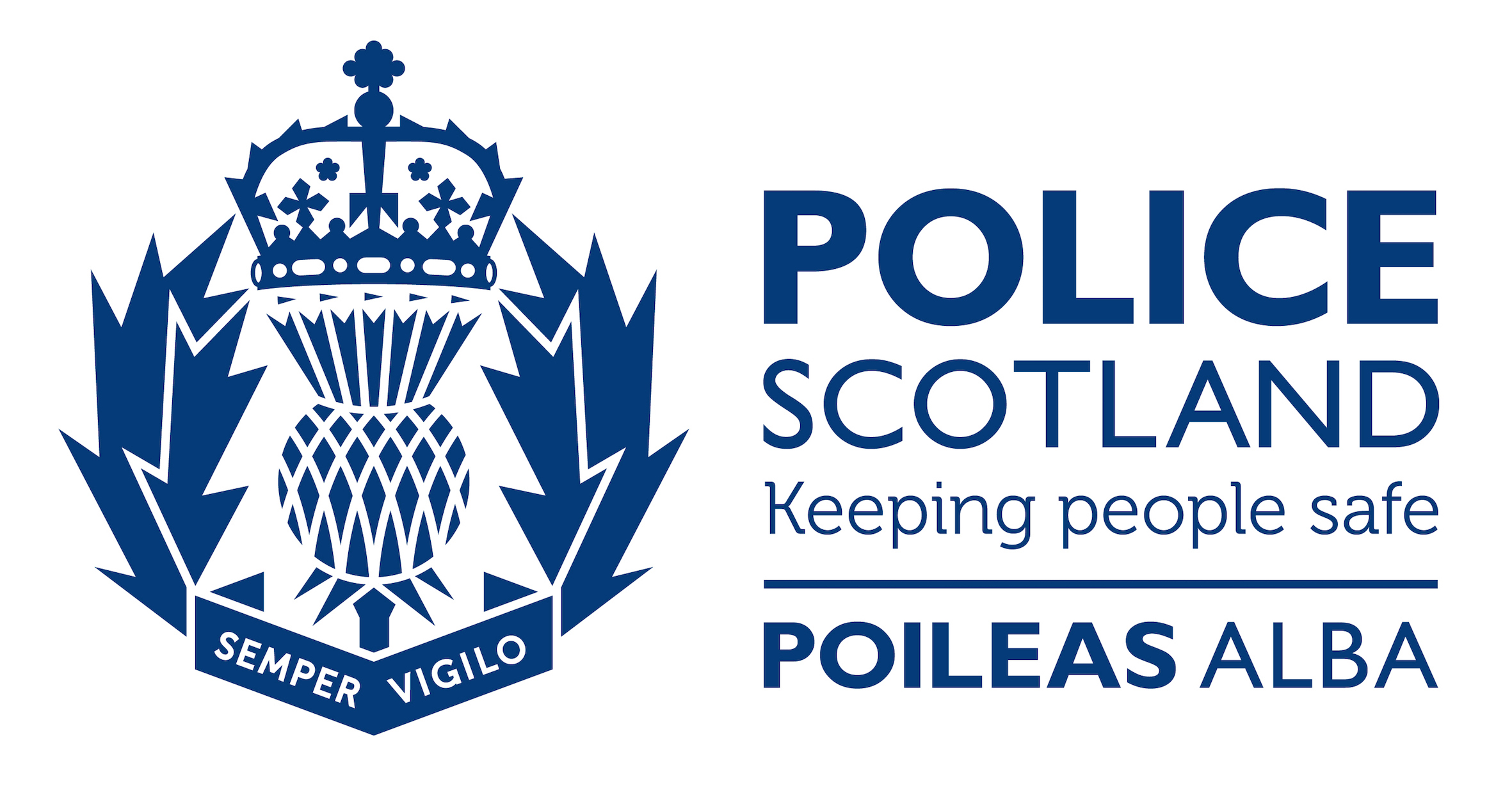Community ‘best asset’ to tackling serious organised crime, study finds
Almost nine in ten members of the public believe organised crime is very or fairly serious in Scotland, Ipsos MORI research has revealed.
Although 67 per cent of respondents said organised crime was not very serious in their neighbourhood, 87 per cent said it is very or fairly serious in Scotland as a whole.
The findings from the 18-month study, which revealed one in ten people had personally been affected by serious organised crime, will be discussed by Scotland’s Serious Organised Crime Taskforce on Monday (June 4).
Senior lecturer at the University of Glasgow Dr Alistair Fraser said the report shows one of the “best assets in responding to organised crime is the community itself”.
In line with a previous survey in 2013, 60 per cent of respondents said Police Scotland were effective in tackling the issue of organised crime, while 22 per cent thought they were ineffective.
Asked what types of illegal activity they associated with the term, 68 per cent said drug dealing or trafficking, 22 per cent said human trafficking for sexual labour or exploitation and 21 per cent said money laundering.
Commissioned by the Scottish government, the Public Perceptions of Organised Crime in Scotland report presents the opinion of 1,088 survey respondents interviewed between November 27 and December 5 last year.
Groups perceived to be the most affected by organised crime were young people (41 per cent), old people (30 per cent) and the economically disadvantaged (16 per cent).
And 28 per cent of those questioned perceived increased drug use as the main impact of organised crime, followed by fear in the community (23 per cent) and damage to victims’ health (18 per cent).
Justice Secretary Michael Matheson said: “Recent high-profile convictions of people involved in organised crime, supported by strong partnership work at the crime campus, send a clear message that Scotland is a hostile environment for those who prey on our communities. This in-depth report offers personal perspectives on the effects of organised crime locally, particularly on the vulnerable.
“It builds our understanding of the impact of such crime and how best we can support people and protect them from harm. Along with our taskforce partners, we will consider carefully the recommendations as we continue strengthening our collective approach to tackling and preventing organised crime.”
Those who took part in the survey said poverty and inequality were the key drivers of crime in their areas, with threats, intimidation and violence considered routine by a number of residents.
People in the most deprived areas were also less likely than those in the least deprived to report someone they suspected of being involved in organised crime.
Dr Fraser said: “For the first time, we have been able to hear from people living in communities across Scotland where organised crime is part of everyday life. The study shows that while organised crime might be thought of as glamorous it is rooted in deep and enduring forms of harm and exploitation at community level.
“While the study showed that these impacts are most extreme in communities where there is entrenched vulnerability from long-term deprivation, they exist throughout society. Our fieldwork also suggested that one of the best assets in responding to organised crime is the community itself and we need to find ways to harness this potential.”
Dr Niall Hamilton-Smith, senior lecturer at the University of Stirling, added: “Tackling serious organised crime can no longer be seen as principally a policing issue. We need a stronger set of partnerships across policing, community groups and service providers in order to better identify and address vulnerability and exploitation linked to organised crime.
“If we are to address the real damage that is being done we also need a counter-narrative that illustrates the difference between the myth and reality of being involved in these groups.”






